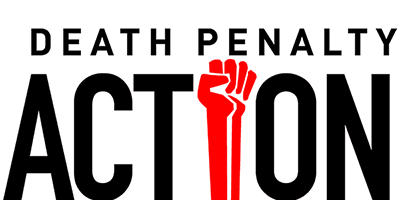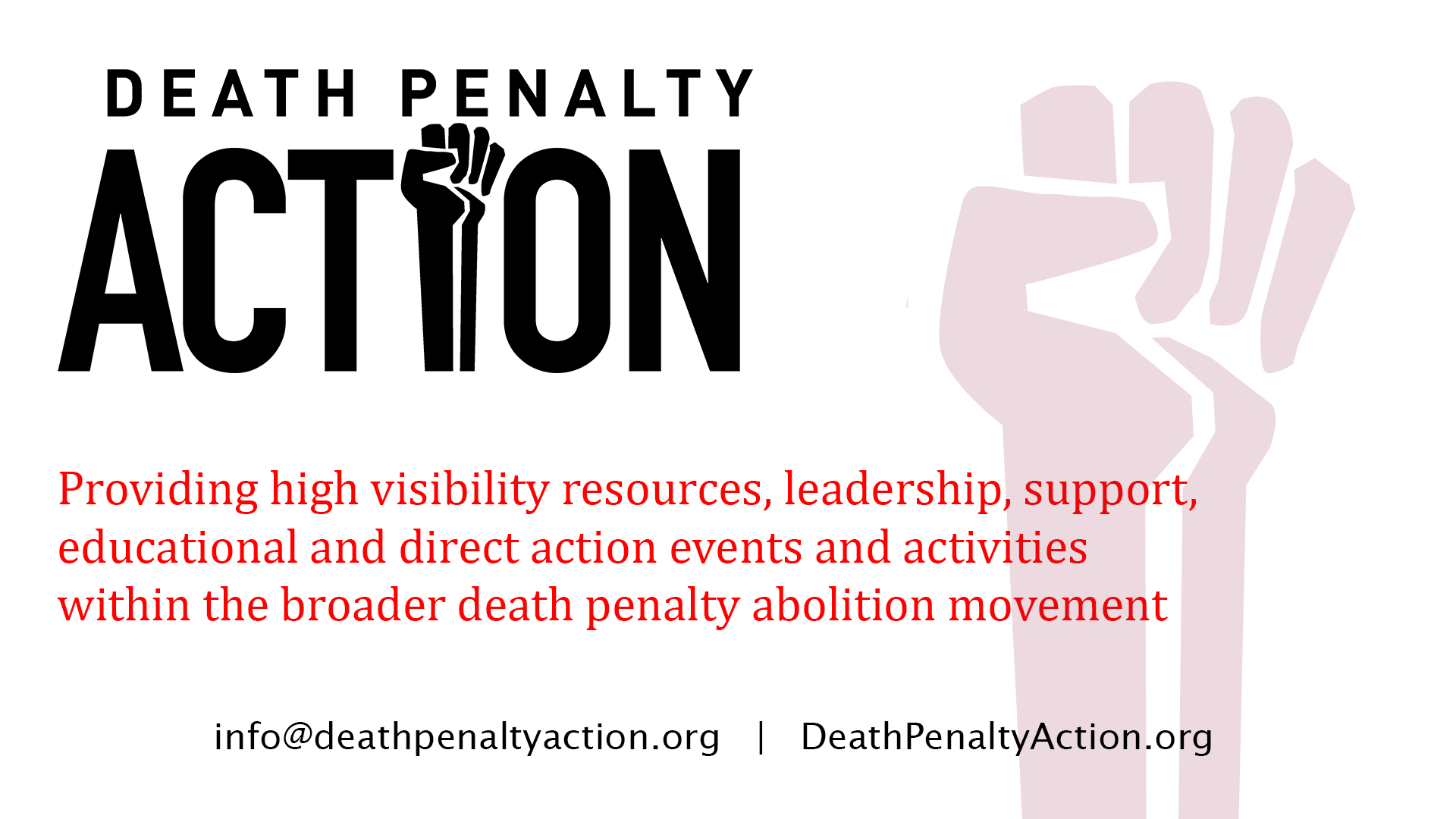There was #TooMuchDoubt ten years ago, and today much work remains.

Tonight!
Please join the Davis Family on Tuesday, September 21 at 8pm ET/5pm PT to honor Troy's life, reflect on the movement he helped build, and re-energize ourselves to (in Troy's final words) "continue to fight this fight." This online gathering will be moderated by Amy Goodman, host and executive producer of Democracy Now! Tickets by (optional) donation at http://troydavis.eventbrite.com
By Abraham Bonowitz & Scott Langley
Ten years ago this evening, we stood in the centers of protests taking place as a man we consider to be innocent was executed. Scott was at the prison in Georgia, and Abe was at the United States Supreme Court. Around us were crowds of people in numbers rarely seen at execution protests.
The hashtag was #TooMuchDoubt, and education about this case had galvanized the movement, the media, and many who share concerns about this issue but rarely engage with it.
The day before his execution, Troy told a supporter,
"The struggle for justice doesn't end with me. This struggle is for all the Troy Davises who came before me and all the ones who will come after me. I'm in good spirits and I'm prayerful and at peace."
With Troy's plight and execution, we saw an awakening. The effort to save the life of Troy Davis ended that night, but the movement to end the death penalty realized significant growth. One media outlet referred to September 21st as "the beginning of the end of the death penalty in America."
In the past ten years we have seen significant victories. Illinois, Connecticut, Maryland, New Hampshire, Colorado and Virginia have joined New Mexico and New Jersey as states that have legislatively repealed their death penalty statutes. Supreme Courts in Delaware and Washington State joined New York as states where the statutes have been ruled unconstitutional. These eleven states joined the twelve states that have not had capital punishment in the current era of the death penalty.
The "post-Furman" era started in 1972 with the US Supreme Court's decision in Furman V. Georgia. The landmark decision threw out every death penalty law in the country, forcing states wanting to execute prisoners to write new laws. Many did. Each of the five US Supreme Court Justices affirming that decision had their own reasoning, and in a rare occurrence, they each wrote their own opinions. So, too, did the four justices who opposed the decision. To that point, it was the longest decision in Supreme Court history. We should note that all of the concerns raised in Furman v. George remain significant issues in today's death penalty practices - nearly 50 years later.
Public opinion opposed to executions is stronger than it has been since the last high point, in the 1960's. We're at consistent record lows with annual executions, new death sentences and even new capital indictments.
And yet, we still have cases similar to that of Troy Davis, where remarkably strong evidence of innocence may still not enough to stop an execution. Certainly, raising newly evidence (often arising from law enforcement malfeasance) that raises doubt or even demonstrates actual innocence is very difficult. It can take an army of lawyers and the public reach of celebrity voices to complete one exoneration, and that still may not be enough.
The cases of Julius Jones in Oklahoma, Rodney Reed in Texas, and Anthony Apanovitch in Ohio beg for relief, and there are many others. Despite a 3-1 vote recommending a commutation for Julius Jones last week, yesterday the Oklahoma Court of Appeals set an execution date for Jones for October 28th. 185 people have been exonerated and freed from death sentences since 1972. Dozens more who are likely actually innocent pled guilty to lesser offenses in order to be released on "time-served" rather than face retrial and another death sentence. How many were killed?
It's not just about the innocent. We have realized tremendous success in curtailing the accessibility of normally legitimate, therapeutic drugs that states want to use for sanitized lethal injections. Part of why this worked is that we now know lethal injections are not so sanitized after all. However, this is causing states to look backwards, to older methods of executions, such as the firing squad, the electric chair, and even the gas chamber.
We saw thirteen federal executions in the final months of the Trump Administration, and with each one our movement grew. This is true in the case of most executions these days. Nearly every person we execute has significant issues that should have kept them off of death row.
After Troy was killed, Scott received e-mails like these:
"Tonight I have realized that I don't ever want to see another innocent man be executed," read one letter. "I realized that I am not doing enough."
Another wrote, "...the murdering of Troy Davis has re-sparked my motivation to end it. I have never really taken any action regarding this subject... but today, it is time to do something."
Many people never before concerned with the death penalty continue to be shocked, and moved to take action. Our challenge is to capture the sadness, the anger and the energy and direct it into the ongoing efforts of the abolition movement - a movement that is actually winning, despite moments of loss.
While we did not succeed in stopping the execution of Troy Davis, a renewed movement for abolition was galvanized. New activists continue to be motivated to join in the work. Seasoned activists are still engaged in the struggle. Brown, Black and white - this nation and this world came together for the cause of human rights ten years ago, and we continue today.
The world knows the name of Troy Davis, and we will not allow the the world will not forget.
Troy Davis, Presente!
* * *
Please join the Davis Family on Tuesday, September 21 at 8pm ET/5pm PT to honor Troy's life, reflect on the movement he helped build, and re-energize ourselves to (in Troy's final words) "continue to fight this fight." This online gathering will be moderated by Amy Goodman, host and executive producer of Democracy Now! Tickets by (optional) donation at http://troydavis.eventbrite.com
* * *

